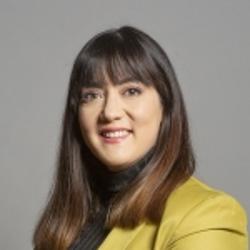Digital Technology: Disadvantaged
(asked on 17th December 2020) - View SourceQuestion to the Department for Digital, Culture, Media & Sport:
To ask the Secretary of State for Digital, Culture, Media and Sport, what steps he is taking to tackle the disproportionate effect of digital poverty on BAME communities in Luton.
In response to Covid-19, the Government and Ofcom agreed a set of commitments with the UK’s major broadband and mobile operators to support vulnerable consumers during the pandemic, including supporting those in debt, and providing new and generous landline and mobile offers, such as free or low cost mobile data boosts.
Furthemore, there are currently social tariffs in place that provide low cost landline and broadband services for those on means-tested state benefits, including BT Basic and KCOM’s flex packages. In addition, in November 2020, Virgin Media launched a new low-cost broadband service for its customers in receipt of Universal Credit.
Public libraries are also a vital component in tackling digital exclusion. During 2019/20, Luton’s six static libraries had 96 electronic workstations available with internet access, providing 246,610 hours of available use of the People’s Network and with 67,235 hours recorded use of People’s Network.
As part of over £300 million invested to support access to remote education and online social care, over one million laptops and tablets have been secured for disadvantaged children and young people. This figure includes 500,000 that have already been delivered since the start of the COVID-19 outbreak.
The Government has also introduced new essential digital skills qualifications (EDSQs) based on new national standards for essential digital skills. Adults with no or low digital skills can study essential digital skills qualifications for free.

